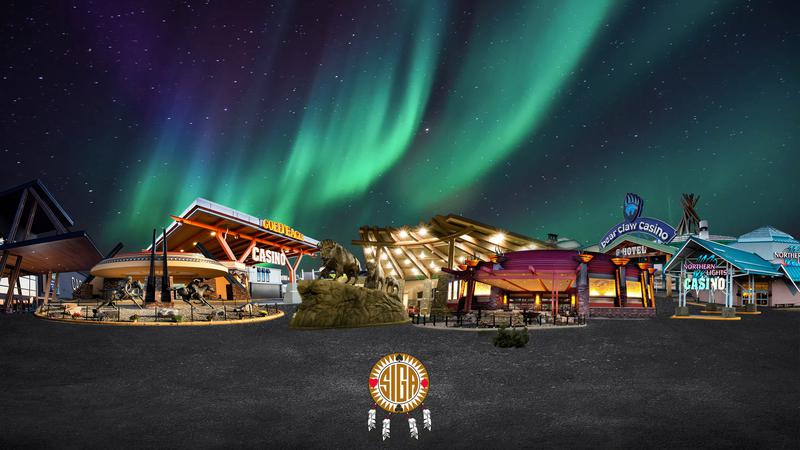
Discussing climate change, culture and health
The effects of climate change have been widely discussed in scientific communities for years, but now many are talking about the effects climate change may cause on a much smaller scale.
Dr. Courtney Howard, an emergency physician in Yellowknife and author of the 2017 and 2018 Lancet Countdown on Health and Climate Change Briefing, spoke in Prince Albert Thursday about the effects climate change may have on individuals, and how people can protect their health – both now, and into the future.
“Climate change is having an impact on the health of Canadians now, and it is forecast to definitely get worse,” Howard said.


